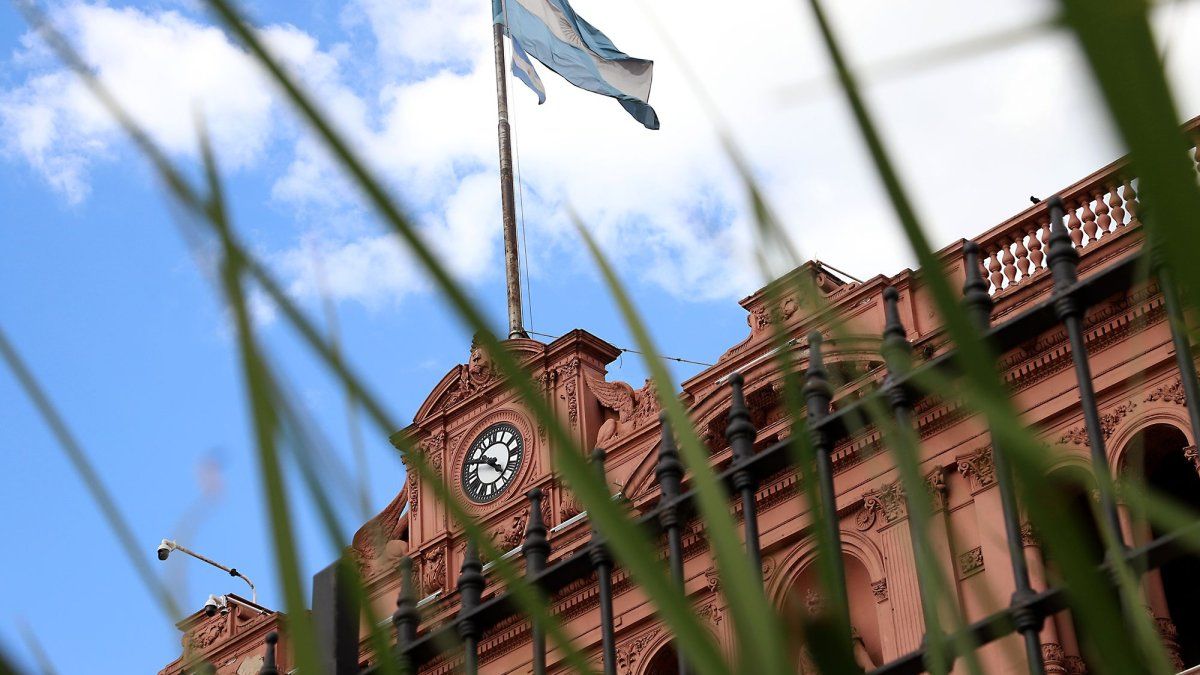During the Corona period, the parcel service DHL could barely keep up with the volume of orders, but demand has now returned to normal. What will happen in the long term?
The parcel service DHL, formerly known as Deutsche Post, wants to significantly expand its business in the coming years. According to a new corporate strategy, sales are expected to grow by half by the end of this decade. In 2023, the company had revenues of almost 82 billion euros, and by 2030 this figure is expected to be more than 120 billion euros.
On average over this seven-year period, that would be an increase of almost six percent per year. That is an ambitious growth target that is well above the development of the gross national product, says CEO Tobias Meyer. “We want to grow faster and more profitably.” Management has not set a profit target for 2030.
Board of Directors maintains short-term forecast
The logistics giant is currently struggling with the weakening economy. When asked what the target for 2024, which was set some time ago, is doing, CFO Melanie Kreis explains: “We are aware that our forecast for this year is being questioned by many.” It is based on an expectation that is very dependent on business development in the fourth quarter. “We are on a very good path here.”
November and December are traditionally the months when most parcels are sent. This is when people buy Christmas presents online or go bargain hunting during discount campaigns such as Black Friday – which is why the fourth quarter is the most important time of the year for parcel services such as DHL.
Acquisitions possible
According to the company, the focus of the expected sales growth in the coming years is on organic growth, but acquisitions are also possible. An important growth driver is expected to be online trading, which has long been causing parcel volumes to skyrocket. Special deep-frozen storage for the pharmaceutical market, as well as the transport of wind turbines and logistics services for battery businesses are also expected to play a role.
The DHL Group has around 600,000 employees worldwide, a good third of whom are in Germany. The company was previously called Deutsche Post DHL, but changed its name last year.
Letter volume will continue to decline
In the national letter business, which is shrinking in the Internet age, it still operates as Deutsche Post. And what are the prospects in Germany? The volume of letters transported fell by 5.6 percent to 12.5 billion last year, while the volume of parcels rose by 3.8 percent to 1.7 billion. When asked whether the letter business is not a dying swan, DHL boss Meyer says: “It is shrinking, but it is not dying – we will still have letters for a very long time.”
While letters are gradually being replaced by digital communication, the need for packages is increasing. These two trends will continue, Meyer makes clear. CFO Melanie Kreis emphasizes that the Post & Parcel Germany division fits “excellently” into the group’s logistics portfolio.
Legal structure is “unraveled”
The Dax group also announced a change in its legal structure. According to this, the group’s e-commerce and post and parcel Germany divisions will be run as independent companies in the future, similar to the existing companies. Group CEO Meyer speaks of “untangling a ball of wool”. In his opinion, this is a technical measure that neither customers nor employees will notice much of.
Source: Stern




